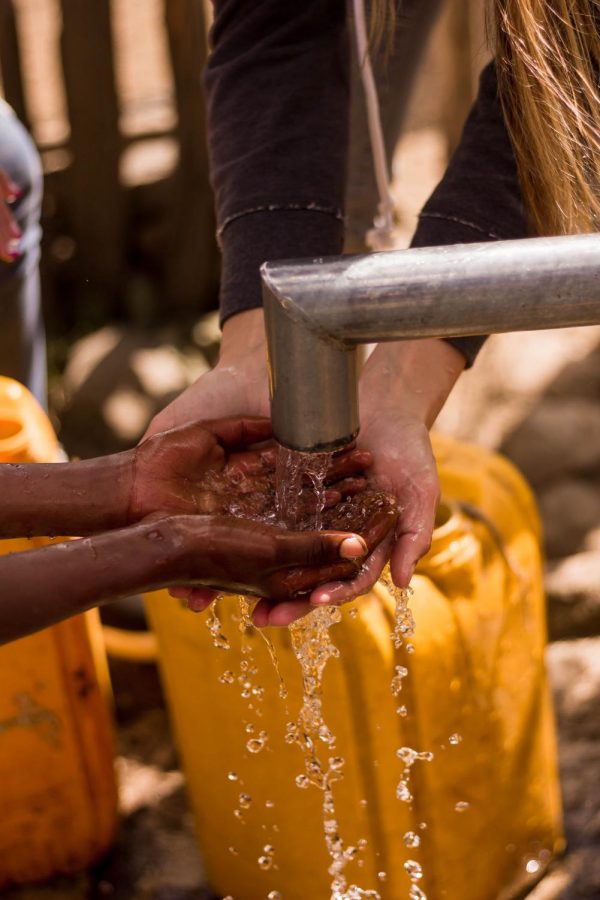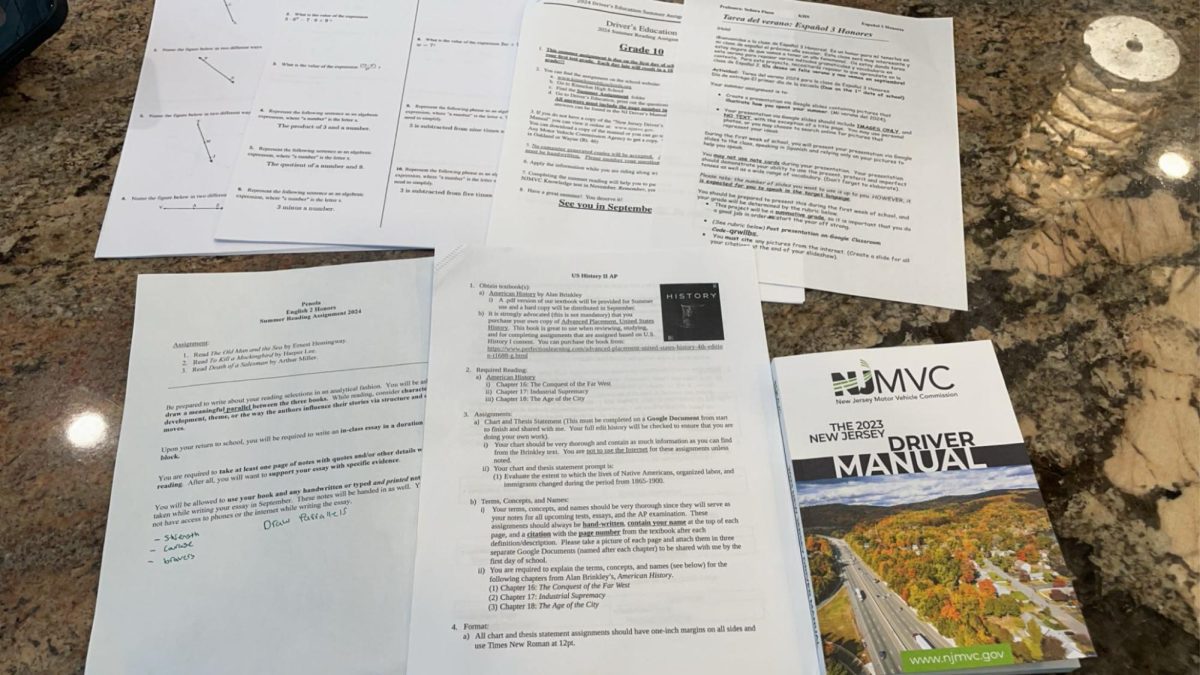Oh, handwashing. Something that around 40 percent of Americans don’t always do after going to the bathroom. Not to mention, of the 60 percent that actually washes their hands, around 95%-97% of them aren’t even scrubbing their hands properly. So, to commemorate Global Handwashing Day, here are some reasons why washing your hands is important (especially during a global pandemic) and some tips to remember to have an optimal wash.
Washing your hands is important because…
- It prevents many types of illnesses, everything from Hand, Foot, and Mouth Disease to Hepatitis A to COVID-19.
- It prevents the spread of infections, especially when considering that many infections are spread from person to person through unhygienic practices (such as not washing your hands).
- It removes germs from your skin entering your body through cuts, scrapes, etc. or via the mouth, nose, and eyes. Your eyes, nose, mouth, and any open wounds (such as cuts, scrapes, popped blisters, etc.) are perfect entry points for any virus or bacteria to infect a human body. However, washing your hands and the area of the open wound will forcibly remove all unwanted germs from entering your body.
The benefits of hand-washing in a community:
- Decreases the amount of people who get sick with diarrhea by 23% to 40%
- Decreases respiratory illnesses by 16% to 21%
- Reduces school absenteeism due to gastrointestinal illness by 29% to 57%
How to properly wash your hands:
According to the CDC, there is a proper and improper way to wash your hands. They list out the steps on their website as:
- Wet your hands with water and apply soap.
- Lather your hands with the soap by rubbing them together. Make sure to lather the back of your hands, between each finger, and under your nails.
- Scrub your hands for at least 20 seconds, making sure all parts of your hand, wrist, and nails are clean.
- Rinse your hands under running water.
- Dry your hands with a clean towel or air dry them.
Now, you may be wondering when to wash your hands; the CDC currently recommends a routine wash of your hands (or use of an ethanol or isopropyl-based hand sanitizer when soap and running water is unavailable) every few hours, after using the restroom, after being in contact with high-touch surfaces, after being in contact or close proximity to individuals who are sick, before and after touching food or eating, after blowing your nose, coughing or sneezing, before and after treating an open wound, and any time your hands get grimey. Regularly cleaning and disinfecting your hands ensures that you and your loved ones stay safe, especially with the current global pandemic still a major public threat and flu season just around the corner.
The importance of washing your hands during COVID-19
The CDC and doctors alike aren’t lying when they say that washing your hands is the first defense against COVID-19. The Co-Director of the Center for Hygiene and Health in Home, Elizabeth Scott, states that washing your hands is the single most important piece of advice that healthcare officials and doctors can give to the public to prevent the contractions and spread of the COVID-19 virus, calling hand-washing the “connecting piece” to controlling the pandemic.
Not to mention, the very nature of the way soap interacted with viruses such as COVID-19 causes the virus to become incapacitated. The COVID-19 virus has an outer coating surrounding it called an envelope; however, soap is able to interact with this outer layer of the virus, breaking up the envelope, and disabling the virus from infecting a human cell. Alcohol-based hand sanitizers (such as those with an ethanol-base or an isopropyl-base) interact with the envelope of a virus as well; although, the chemistry is a bit different. Alcohol changes the chemical structure of the envelope, making it more unstable and thus, more permeable. In short, soap acts more like a wrestler, breaking apart the envelope through brute force while alcohol is like a magician, changing the structure and stability of the virus. However, both soap and alcohol-based hand sanitizers work incredibly well in removing contagions and viruses from your skin and preventing the contraction of them.









